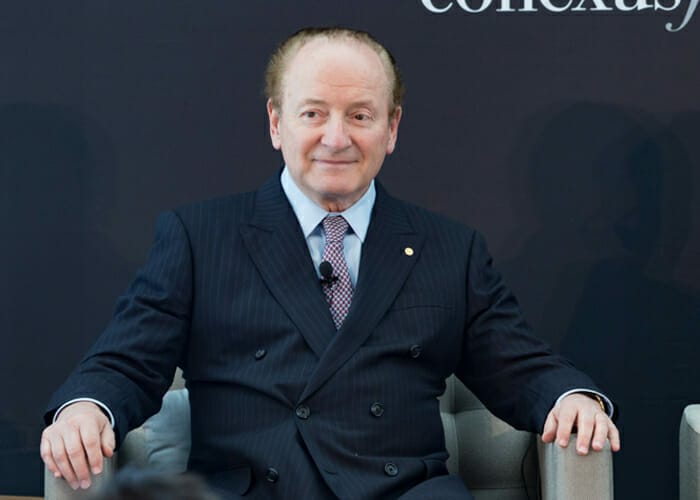It’s a bit premature to be concerned with the idea that robots will take over our jobs or destroy all of civilisation, Massachusetts Institute of Technology Media Lab research specialist Kate Darling says.
Speaking at the Fiduciary Investors Symposium at MIT, Darling said this is not an era when robots take over, but an era of human/robot interaction.
“The more interesting robotics and AI, and those that investors should be looking for, are…supplemental to human skills,” she said. “Technology that is trying to automate and replace what humans do won’t be as impactful.
“I’ve been to many conferences and labour market economists are all over the shop on this issue. Anyone who tells you they know what is going to happen in automation in the next few decades doesn’t know what they’re talking about. We need more time and research to understand it properly.
“But it is important to point out the limitations of AI and robotics. These technologies function only within well-defined parameters and can’t deal with out-of-context, or unexpected, things. AI is still very different from human intelligence and human intelligence is still superior in a few ways. The compelling use of these technologies is not replacing humans but supplemental to us.”
Darling, who is a fellow at Harvard’s Berkman Klein Center for Internet & Society, specialises in how technology intersects with society, exploring economic issues in intellectual property systems and increasingly looking at the near-term effects of robotic technology.
Known as the Mistress of Machines, Darling’s research and personal interests lie in human-robot interaction.
“Subconsciously, or even consciously, we treat robots like they’re alive, even though we know they’re not,” she said. “We have an inherent tendency to project human-like qualities onto other entities, to make sense of non-humans and relate to them. Robots combine two interesting factors, physicality and movement, and our brains are hardwired to project intent onto any movement in our space.”
The lesson, she said, is if these technologies are going to be integrated into shared spaces with people, it has to be understood how people will treat them.
“Research in robot-human interaction is really important and a question I’m dealing with is, ‘Can we change people’s empathy with robots?’ ”
Darling also said when it comes to the impact of technology, there is still a divide between hope and reality. She pointed to autonomous cars as an example.
“We are close to having autonomous vehicles but it will be a while before they are safe to use in cities,” she said. “They can replace truck drivers fairly quickly but [that’s because] driving on the highway is a fairly simple task we could probably automate right now.”
But even there, problems arise, she said, when ethical decisions need to be programmed into machines.
“At the moment, these cars just try to avoid crashing into things, but in the future, if they had to discern between a person or a pole, what would happen?”











